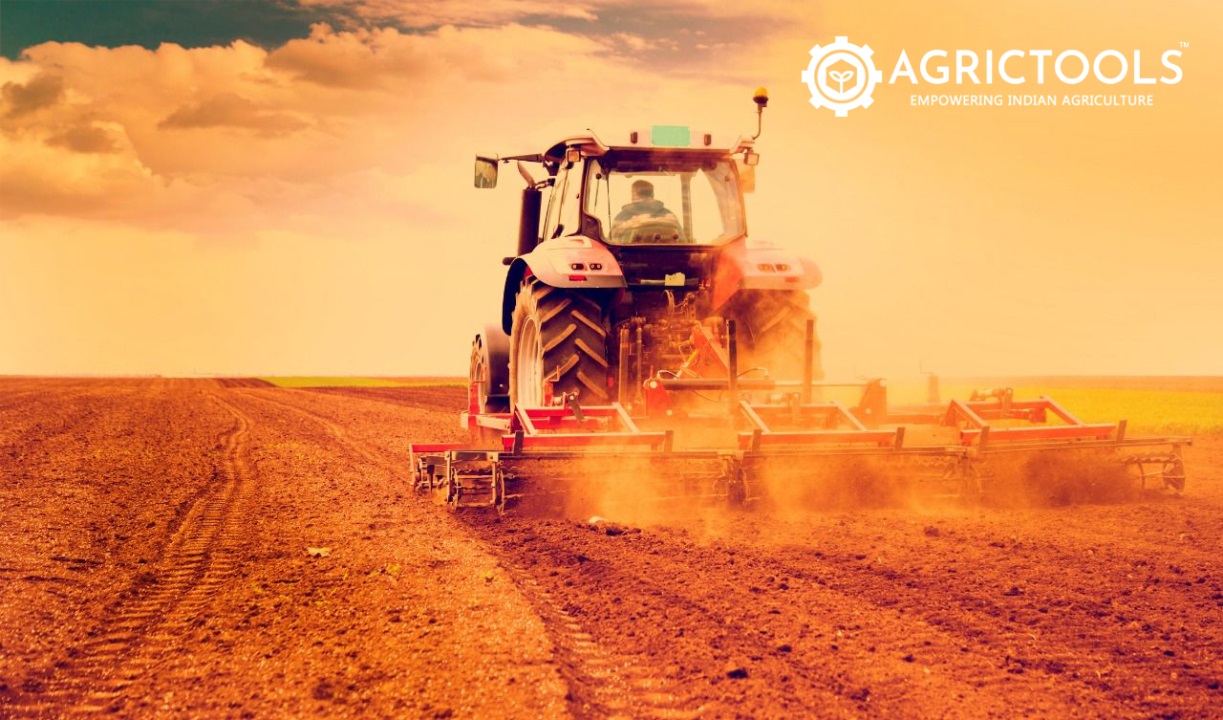India’s farmers have limited access to modern equipment. Many farmers continue to use conventional farming methods. #Technology can bring about significant changes in agriculture.
When compared to 2019, the tractor market in India saw sales rise by more than 40% in 2020. The years 2020–21 have been exciting for this business as the tractor market saw its highest-ever sales of nearly 9 lakh units. Even if these figures show that tractors are widely used in India, merely “#tractorization” does not constitute #farm #mechanization. In India, farm mechanization is low.
To increase Farm Mechanization in India and boost confidence in Farmer to adopt new technology
1. We need to make sure that the downtime of machinery is brought down by making spares parts available on time
2. Efficient farm power availability for small and marginal farmers
3. Develop cost-efficient farm machinery for small and marginal farmers
4. The quality and after-sales service of farm machinery needs to be addressed
5. Farmer advisory services for the proper upkeep and helping them in making an informed purchase
Many #farmers continue to use conventional farming methods. Technology can bring about significant changes in #agriculture.
We won’t be able to claim that India has a highly mechanized agricultural sector until at least a sizable portion of farmers start using farming machinery other than tractors on their farms.
India ranks among the top agricultural producers, although it lags behind the global average in terms of farm mechanization. As a result, it is noted that there are enormous chances and potential for mechanizing Indian agriculture. A farm’s ability to effectively own such machinery is a significant barrier to deploying farming machines. The backbone of Indian agriculture will continue to remain small farmers, and we at Agrictools are here to help them by providing mechanized solutions to their difficulties.
So, farm mechanization is currently a need. As is already evident in developed nations, it results in a rise in agricultural production quantities and productivity. According to numerous assessments conducted in India, mechanized farms have higher yields per hectare than non-mechanized farms. In addition, it raises labour productivity while requiring fewer workers. Farm machinery has freed agricultural labourers from a lot of the heavy work, including plow work, excavating, and land reclamation, among other things. Farm mechanization has made large-scale farming a reality. It has helped farmers practice multiple crops and made intensive farming successful. Mechanization in agriculture contributes to an increase in the volume of economic surplus, which influences our nation’s industrial and infrastructure development.
